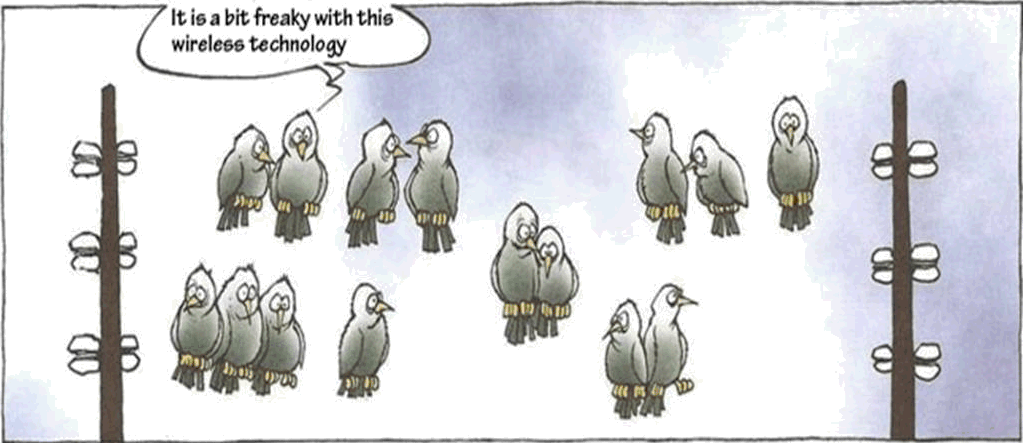Jane on Mt Alta
Do I need to know how fast I climbed this mountain? Or how many metres I climbed? This is the question I have been asking myself because I have the opportunity to down-tech my watch.
The battery of my Garmin watch stopped holding charge after 4 years. This didn’t seem good enough; when I rang Garmin they provided a replacement for $190, which seemed a reasonable price. However, while I was waiting for the replacement, I started to wonder whether I want a smartwatch at all.
Smartwatch pros & cons:
- PRO I can keep my phone on silent because my watch buzzes when I get a phone call or text…
- CON My watch buzzes all the time because it tells me about too many events on my phone I don’t want to know about and I can’t turn them off. This also irritates Chris because I keep looking at my watch.
- PRO I can easily record my hiking/biking/skiing times and ascents
- CON I keep looking at my watch when hiking/biking/skiing.
- PRO I can document my heart rate and stress levels
- CON I can worry about my heart rate and stress levels.
- PRO My watch alarm is a buzz not a ring.
- CON. There is no con. This is a good thing.
This process has made me think about why I want to document my physical activities. It turns out, the only documentation I want is when we go bikepacking so I can put distances and times in my online tour information which might be useful for other people planning trips. However, I can do this with a basic bike computer. I long ago lost interest in comparing my times with anyone else’s. I also don’t care whether I have done a particular route faster or slower than before – my aim is to be out there, not achieve any specific time.
Social media has ratcheted up people’s need to document for comparison. Whose Strava times can you beat? And can you look perfectly made up with ideally shaped eyebrows and styled hair when you video yourself beating that time? Right now, the world feels hard enough to cope with without adding such unnecessary pressure (not that I would ever claim to have thought about eyebrows, hair or makeup while undertaking activity).
While I was considering quantification of my physical exploits, or not, I thought about other types of enumeration that are also not necessarily beneficial.
I recently commented on a LinkedIn post by a young economist who was touting the benefits of quantification of environmental goods so businesses will behave better, particularly in relation to climate change. Triple bottom line (economic, environmental, social) benefits are nothing new. They also don’t appear to work very well because we have seen this type of approach used for decades and the result has been…lots more environmental destruction and increasing quantities of greenhouse gas emissions i.e. not much behavioural change. My comments on the particular post suggested the writer could consider the problem caused by reducing everything to monetary terms – we lose our understanding of the true value of e.g. the environment, by attempting to turn environmental goods into numbers. In the final analysis, you can’t eat or breathe money.
In the same vein, world news is currently dominated by the rises and falls in stock markets as the whims of President Trump are translated into global sentiment. How meaningful are these rises and falls? They no longer even tell us about human emotion because much buying and selling is algorithm-driven. At best, they tell us about the randomicity of ‘value’ and the random nature of Trump’s actions. I’m not sure that needs to be repeated on a half hourly basis – we get it.
Enumeration of these types takes me back to the dark times when I weighed myself every morning, holding my breath as if the extra gas would make me lighter on the scales. When I counted every calorie, as if the counting would make me a better person, or a less weighty one. All the counting did was make me miserable.
As for the watch question…I’m in a holding pattern. I’ll give my old watch a week and see how much I miss the buzzing. If you are in the market for a brand new Garmin watch, there might be one available soon!

Discover more from Jane Shearer
Subscribe to get the latest posts sent to your email.




